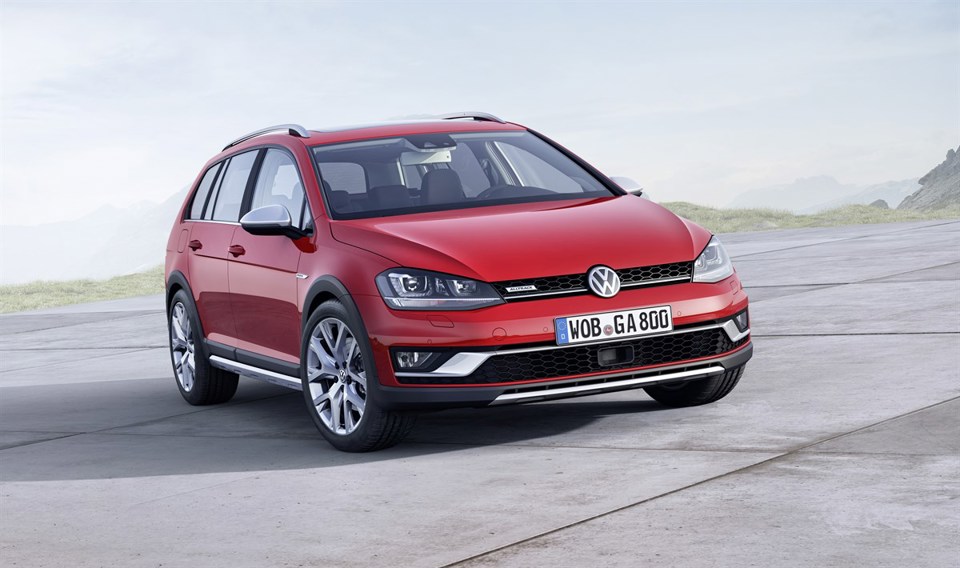The Volkswagen Golf has overtaken the Ford Fiesta to become the most financed car of 2024, according to data released by Close Brothers Motor Finance, reflecting how economic pressures are driving buyers toward more practical and affordable cars.
The list of most financed cars highlights a growing preference for models that balance cost-effectiveness with reliability, as consumers grapple with high energy bills, rising insurance premiums, and other financial challenges. Many drivers have chosen to forgo newer or larger vehicles, focusing instead on long-term affordability and manageable running costs.
This trend has significantly influenced forecourt stock decisions for dealers, who are adapting to meet demand for economical options.
Close Brothers Motor Finance’s Most Financed Cars of 2024
- Volkswagen Golf
- Ford Fiesta
- Ford Focus
- BMW 3 Series
- Mercedes-Benz A-Class
- Nissan Qashqai
- BMW 1 Series
- Vauxhall Corsa
- Mercedes-Benz C-Class
- Audi A3
The Volkswagen Golf’s rise to the top due to its enduring appeal as a practical and cost-effective choice for drivers, while the Ford Fiesta and Ford Focus remain strong contenders in the compact car category.
Premium models such as the BMW 3 Series and Mercedes-Benz A-Class also featured prominently, suggesting that some buyers are still willing to invest in vehicles offering both economy and luxury.
With affordability a clear priority for most drivers, this data underscores the need for dealers to maintain a stock of economical, versatile vehicles to meet the evolving needs of consumers in a challenging economic climate.
John Cassidy, managing director of sales at Close Brothers Motor Finance, said: “The continuing challenges facing motorists is reflected in the selection of petrol and diesel vehicles on this list.
“Owing to the rising cost of motoring, which is becoming unaffordable for some drivers, it’s little surprise to see economical, practical cars make up the bulk of the top 10. This will cause further headaches for manufacturers who are having to produce electric vehicles in line with the ZEV mandate, despite limited consumer demand.
“This will need to be a focus point for the Government in 2025. Electric vehicle infrastructure, such as charging points, remains inadequate for widespread adoption, and the removal of incentives, such as exemption from excise duty, could further stall the transition away from traditional petrol and diesel vehicles. This will require immediate attention if the Government’s plans to ban new petrol and diesel vehicles in the near future is to be achievable.”
















Login to comment
Comments
No comments have been made yet.